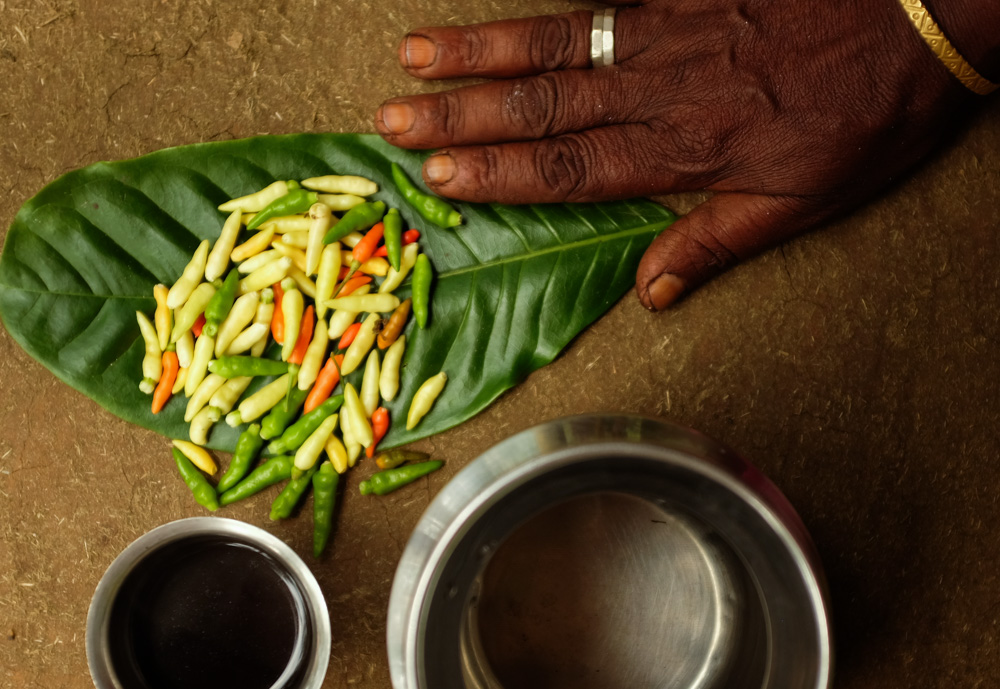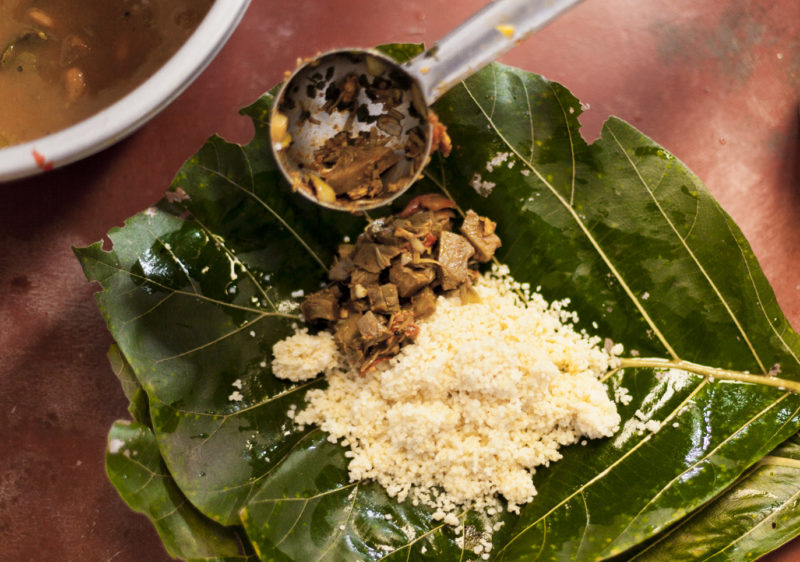
What exactly is “slow food”?
Slow food, despite its name, is actually very exciting. Food that is cultivated consciously, prepared according to traditional methods, and eaten with pleasure is slow food. The switch to slow food is all about personal well-being that actively contributes to the wellness of the ecosystem. Choosing to consume in the slow food way supports indigenous people and the environment, while also having a positive impact on one’s own health. An organization named Slow Food, headquartered in Italy, has pioneered the slow food movement since 1986. The movement is global, grassroots and has over 68,000 members, with chapters across the world.



Here in the Nilgiris, we have taken inspiration from this movement and brought some of its principles into our work with indigenous communities who are agricultural producers, as well as in heritage conservation efforts that recognize cuisine as being a vital form of culture. Food sovereignty, diet diversity and both ecological and economical sustainability are some of the elements that we also understand as being a part of our work in this realm. Restoring and securing water resources, encouraging ancient farming and collection methods and creating enterprise models for livelihood support are some of the ways that we actively promote slow food – the time-tested indigenous way.
The food systems of the Nilgiris, which date back thousands of years, were developed by communities who were either hunter-gatherers or who cultivated millets. Today, these traditional approaches continue to be practiced across the Nilgiris Biosphere Reserve. However, in this region, chemical and mechanical farming methodologies as well as the introduction of numerous foreign produce species have altered the use of the land, sometimes detrimentally.



At The Nilgiris Foundation, we offer support to indigenous communities such as the indigenous producer company Aadhimalai as they revive traditional methods and cuisines. One of our major campaigns at this time is the restoration of the Place To Bee restaurant in Ooty. The indigenous run, farm-to-table Place To Bee is the only Slow Food restaurant in the Nilgiris.
Many will be curious to know what exactly a specially-curated indigenous menu from the mountains of South India will be like. To begin with, one can be assured that all ingredients will be organic and locally-sourced through a supply chain that works intelligently with the seasonal and logistical realities of the Nilgiris Biosphere Reserve. These will include millets, legumes, tubers, honey, fruits, meats, spices or any of the wide and diverse variety of foods that have long been grown in this part of the world. Most importantly, in the spirit of Slow
Food, they will be prepared with care – and they should indeed be relished with mindfulness.

